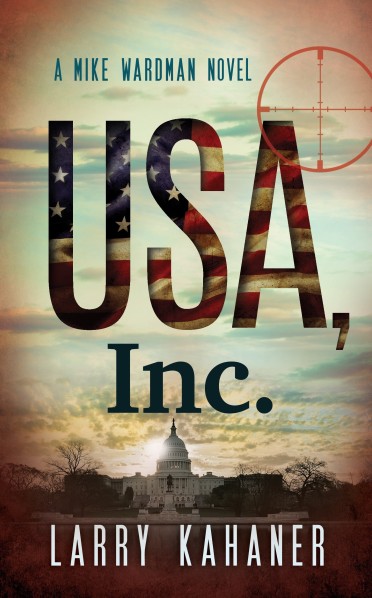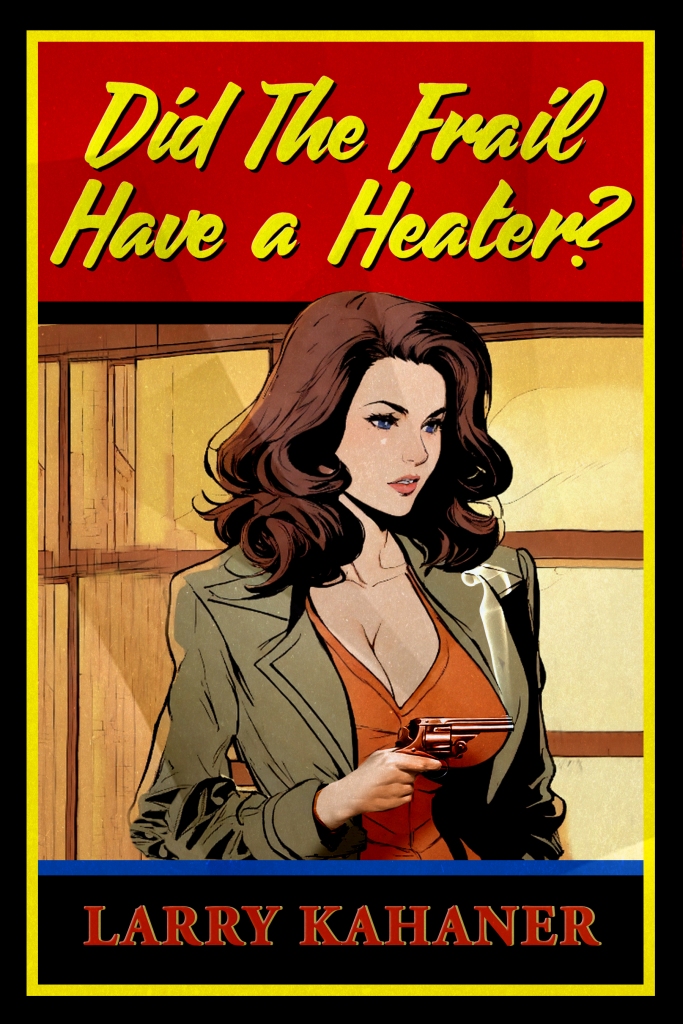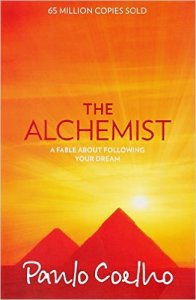Part 1: The Weirdest Writing Thing I’ve Ever Done
By Larry Kahaner
In my entire writing career, this may be the weirdest thing I’ve done – and I once interviewed a convicted serial killer who asked me to write a book exonerating him while he boasted of his crimes.
I am participating in Amazon’s Kindle Scout program as an author.
But before I get to that, and for those of you who don’t know me, I am a

traditionally published non-fiction author. This means that big publishers have published my books. I’ve been doing it for a long while, and I’ve been successful which to me means that my books are on shelves where people can see them (at least for a while), they sell on line and I’ve made a living for my family. See my books here. I also do other writing jobs like ghostwriting, magazine writing and whatever else comes my way.
My name isn’t a household word, except in my own home – and even that’s not always a lock.
I have seen the publishing business change drastically in the past few years. Like many legacy industries, they’ve been buffeted by technology most notably e-books and the internet. Even if you don’t follow the book biz you’ve seen the changes: Remember browsing in bookstores? Have a Kindle or read on your iPad? Okay, so you’ve seen it, but do you also know that Amazon sells 45 percent of books sold in the US? That’s an astonishing statistic.
(Aside: I’ve been a business reporter most of my life – still am – worked at Business Week and other places and one thing that I’ve noticed about the publishing business is that nobody ever walked into a bookstore and said: “I’d like the latest Random House book, please.” I’ll leave that to the branding experts to parse.)
Amid all of this chaos, Amazon has introduced a program called Kindle Scout which is a hybrid of traditional and reader-powered publishing. The way it works is that people go onto the site, read excerpts of books, and nominate the ones they like. After 30 days, Amazon decides which of the books to publish through their imprint, Kindle Press. If you nominate a book that is selected for publication, you get an early, free copy of the book and the author receives a contract and $1,500. The more nominations a book receives, the more likely it gets discovered by the Kindle Scout team, but Amazon still has the last word.
Although you may not fully understand or appreciate the logic, the book business doesn’t see me as a potential novelist, only a non-fiction author. In essence, I’m starting over. (For example, my agent doesn’t handle fiction although she suggested a few people.)
I worked on my novel for about 3 years and now, what to do? In fact, why did I even write a novel? I wasn’t used to working without an advance, so that was new to me, but I wanted to see if I could write fiction. Think of it as professional curiosity.
Should I try traditional publishers? First, I would have to get an agent, then he or she would try to sell it. Next, it would take months or longer for a publisher to… and blah, blah, blah. I’m writing a thriller not YA, fantasy or romance – these are the hot spots – so I’m already an outlier. Here’s another factoid: 50 percent of all sold books are romance novels. And one more, the large publishers make most of their money from their top half-dozen authors. Think Stephen King, J.K Rowling, James Patterson and Jackie Collins. Nothing against these folks, but that’s where publishers focus their resources, because it’s where they make their money.
When I sat back with my evening martini, the thought of going through the arduous and time-consuming process of dealing with traditional publishers made the gin taste like kerosene and the olives turn mushy. I wasn’t in the mood to self-publish so Kindle Scout here I come.
I’ve already made the first cut – they don’t accept every book – and in Part 2, I will explain some tricks and tips that I can offer from my short experience if you’re interested in going this publishing route.
For now, to see my book “USA, Inc.” go here. If you think this is a shameless ploy to get your vote, you’re wrong. Read the excerpts and decide if this is something you’d like to read further. It’s not just a popularity contest, or an exercise in social media vote-getting, but tantamount to skimming the first few pages of a book and saying: “Hey, this looks promising” or “It’s not really for me.” I like that aspect. It’s got some integrity. It’s one reason why I chose Kindle Scout.
“Part 2: What You Should Know Before Doing Amazon’s Kindle Scout,” coming up in a few days.
Posted in
indie publishing,
novelists,
plotting,
writer's block,
writing tips and tagged
creativity in writing,
fiction writing,
finding your writing style,
how to start your novel,
how to write thrillers,
larry kahaner,
novel writing,
successful authors,
writer's block
















